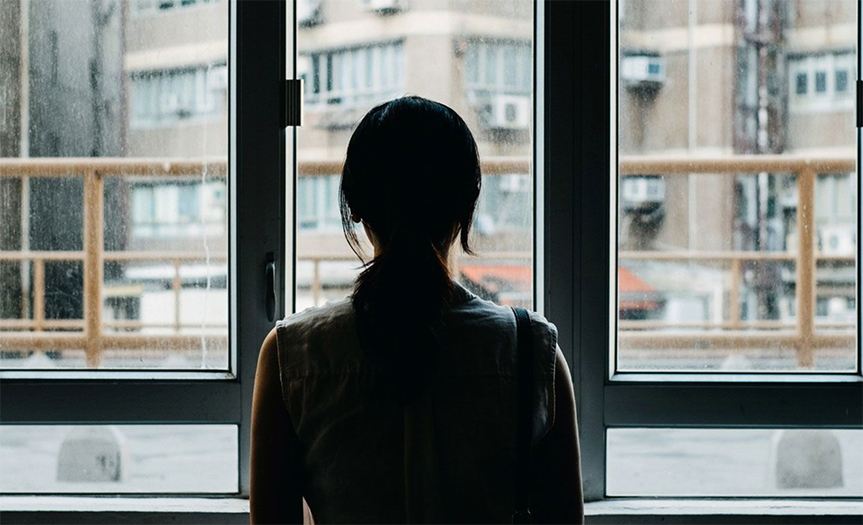UQ graduate and audiologist Dr Bec Bennett discusses how loneliness can impact our health, and outlines what we can learn from people with hearing loss in the face of forced social isolation.
 In response to the COVID-19 pandemic, we are being asked to practise physical (also called social) distancing and, in some cases, to self-isolate. This is a necessary precaution to slow the spread of the novel coronavirus and reduce the strain on our healthcare resources. However, we need to be mindful of the potential emotional and psychological impacts that this could have on people.
In response to the COVID-19 pandemic, we are being asked to practise physical (also called social) distancing and, in some cases, to self-isolate. This is a necessary precaution to slow the spread of the novel coronavirus and reduce the strain on our healthcare resources. However, we need to be mindful of the potential emotional and psychological impacts that this could have on people.
Human beings are social creatures. We require meaningful social connections to maintain our physical and mental health. In fact, reduced contact with other people, or social isolation, is associated with poor general health, poor cardiovascular health, reduced cognitive function and mental illness. Loneliness is a side effect, wherein people become distressed because they do not feel adequately connected to others. Loneliness also poses a risk to our physical and mental health, and even increases our risk for suicide.
Although related, social isolation and loneliness are not synonymous: people can live relatively solitary lives and not feel lonely, while others can have a rich and active social life and still feel lonely.
It’s hard to predict the full impact that forced social isolation might have on the mental health of communities. With half of Australians already experiencing some loneliness on a weekly basis, it’s likely that forced social isolation will exacerbate these feelings, and potentially cause new problems for those people previously unaffected.
However, we might be able to #flattenthecurve for loneliness too.
Taking precautionary steps to increase social connections, while maintaining physical distance in these stressful times, may just save lives.
The experiences of people with acquired hearing loss can provide some insight. As part of the ageing process, we experience a gradual and continuous decline in hearing sensitivity. Hearing loss affects 13 per cent of adults aged 40–49 years, 45 per cent of adults aged 60–69 years, and 90 per cent of adults 80 years and older. Hearing loss often makes it challenging and exhausting to hear and communicate with others, especially in groups or in noisy environments. As such, many people with hearing loss socially isolate themselves, which subsequently contributes to loneliness and mental health issues.
But, not all adults with hearing loss are impacted in this way. Many adapt to new ways of communicating, socialising and participating in the community, and live connected and fulfilling lives.
While hearing loss can be isolating for many, others find creative ways to remain socially connected to the people around them. Audiologists (hearing healthcare clinicians) provide education and support on communication skills, social skills and the emotional costs of hearing loss.
What can we learn from people with hearing loss in the face of forced social isolation, and how can we stay connected without leaving our homes? READ MORE



